When talking about pineapples, it is impossible to ignore Costa Rica. The country has positioned itself as the absolute leader in the export of this fruit, handling almost 5 times more volume than the second largest exporter, the Philippines (according to 2020 figures shared by the FAO statistical portal). This is to thank to an industry that has achieved high levels of specialization in this crop and which is supported by the National Chamber of Pineapple Producers and Exporters (CANAPEP), which has recently achieved a new milestone in terms of sustainability.
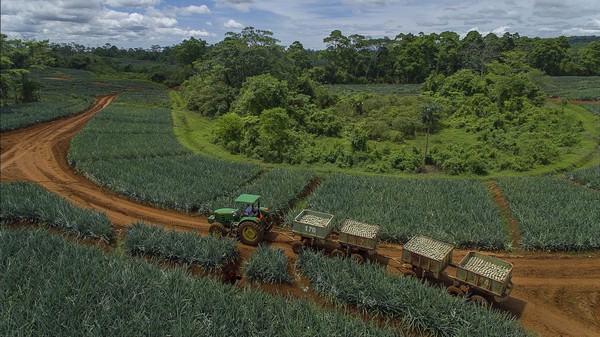
CANAPEP was established in March 2003 with the objective of bringing together pineapple producers and exporters across the country and contributing to and promoting continuous development in the industry. In June 2006, the Board of Directors of the Chamber promoted the creation of the Socio-environmental Commission for Sustainable Pineapple Production (COSAP) with the goal of backing pineapple producers and exporters of affiliated companies in the handling of environmental and social issues. The COSAP is a multidisciplinary body, formed by representatives of Ministries, academia, related chambers and CANAPEP entrepreneurs. Also, the CANAPEP Inspection Body (CANAPEP-OI) was accredited on March 24, 2020 by the ECA (Ente Costarricense de Acreditación) in accordance with INTE-ISO/IEC 17020:2012.
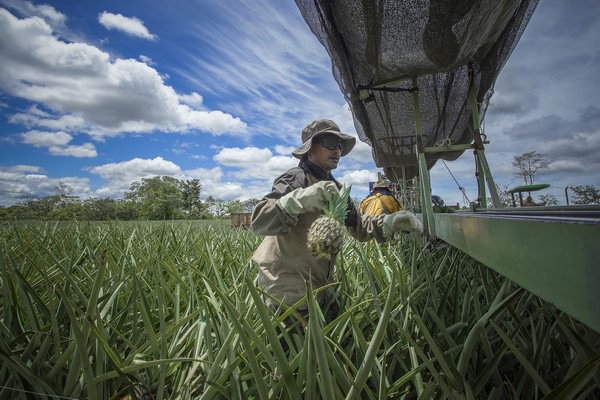
In June 2008, the National Chamber of Pineapple Producers and Exporters published the Technical Manual for Sustainable Pineapple Production (MT-PSP); a tool to facilitate compliance with good practices in sustainable pineapple production among its associates, who together account for about 85% of the acreage devoted to pineapple production in the country. The manual covers 5 areas: environmental control, social responsibility, occupational health, personnel training and operational control.
The manual, constantly under evaluation to adapt to new international regulations, has not only helped strengthen the country's pineapple sector, but has proven to be aligned with 11 (65%) of the 17 global goals outlined by the UN in 2015 in its universal call to action to eradicate poverty, protect the planet and improve the lives of all its inhabitants, the Sustainable Development Goals (SDGs).
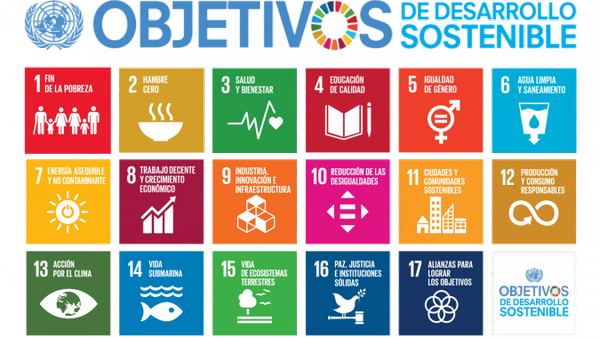
"To be precise, the manual is aligned with 11 of the 17 UN SDGs," says Abel Chaves, president of CANAPEP. "In fact, 8 of the SDGs are met with a percentage higher than 80%, and 5 of them with 100%. The CANAPEP is the first agricultural chamber in the country to achieve such an alignment, for the benefit of all its affiliates.
"We are aligned with Goal 1 of ending poverty; Goal 2 of zero hunger; Goal 3 of health and well-being; Goal 4 of ensuring quality education; Goal 5 of achieving gender equality and empowering all women and girls; Goal 6 of clean water and sanitation; Goal 8 of decent work and economic growth; Goal 11 on making cities and communities sustainable; Goal 12 on responsible production and consumption; Goal 15 on protecting, restoring and promoting life on Earth's ecosystems; and Goal 16 on promoting peace, facilitating justice and building strong institutions."
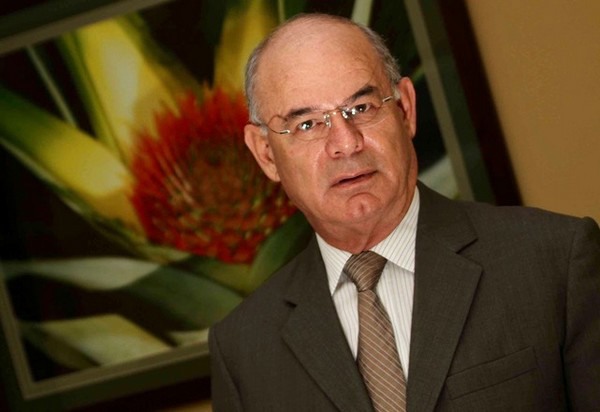
Lic. Abel Chaves.
"In any case, many of our partners are aligned with the rest of the SDGs, with initiatives carried out for the sake of sustainability that are not included in our manual as requirements to be met. For example, the Goal of ensuring access to clean energy is met by companies that have solar panels installed in their processing plants; and with precision agriculture, the pineapple sector remains a leader in the adoption of agricultural technology that helps fight climate change," says Abel. "However, there are small producers who cannot make such investments and we cannot punish them based strictly on the manual's rules."
"Besides, we do great social work. Our industry generates 28,000 direct jobs in the country and 112,000 indirect jobs in rural areas, where employment opportunities are scarcer, thus reducing inequality," says Abel Chaves, "and we even have an impact on the seas." The CANAPEP's compliance manual regulates the establishment of mechanisms to adequately treat the wastewater which, once discharged, will eventually reach the seas through the natural water cycle itself.
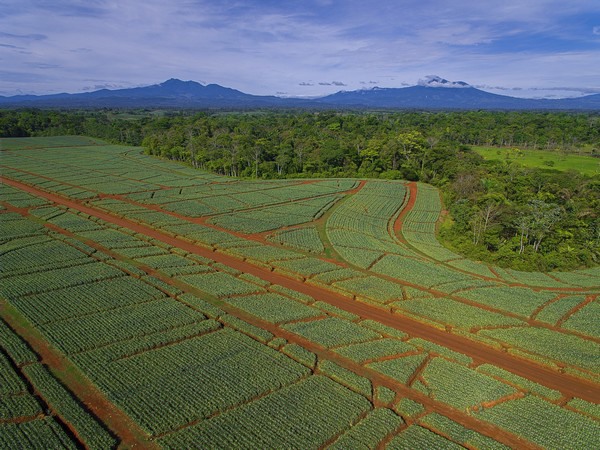
"As regards objective 17, which has to do with strengthening the means of implementation and revitalizing the Global Alliance for Sustainable Development, we are working on a Life Cycle Assessment (LCA) of pineapples in Costa Rica, which we hope to complete within 6-7 months, so that out of the 14 possible footprints we will enrol in the 4 in which we are better grounded, and we will give CANAPEP affiliated companies the chance of having a seal on their brands that certifies their impact on the environment," says the president of CANAPEP.
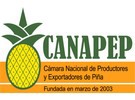 For more information:
For more information:
CANAPEP
Apto. Postal 585-1007
San José, Costa Rica
Teléfono: (506) 2291-5237
info@canapep.com
https://canapep.com
